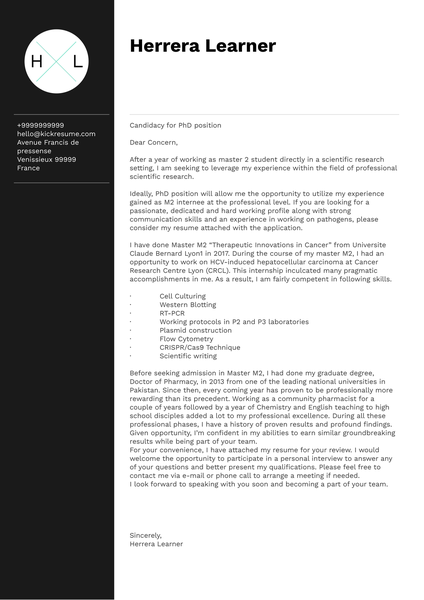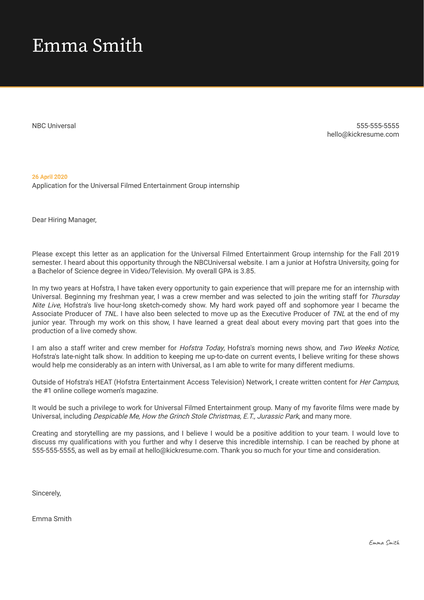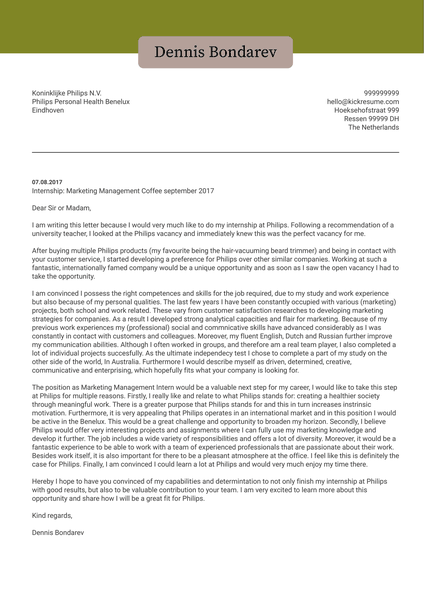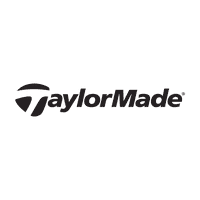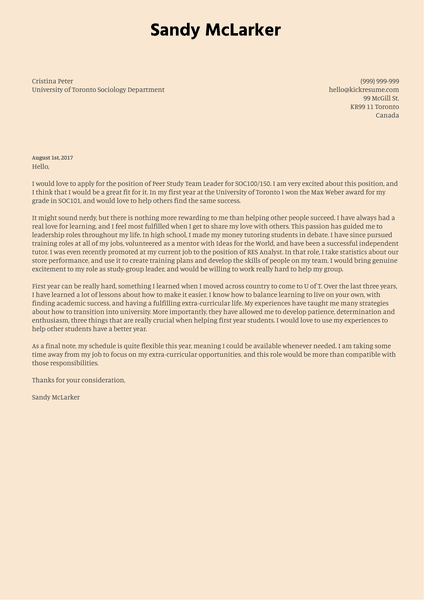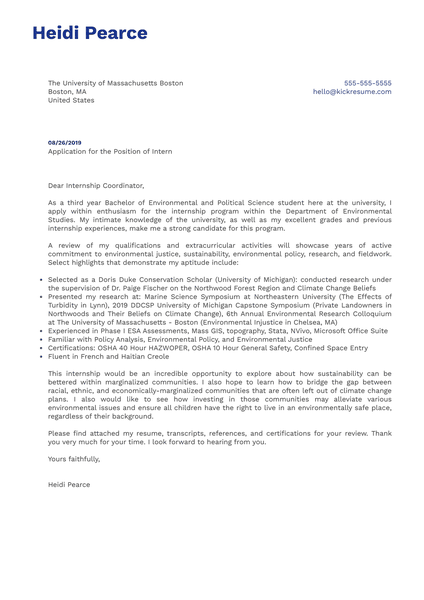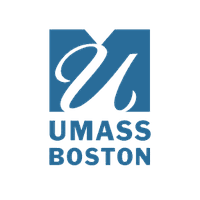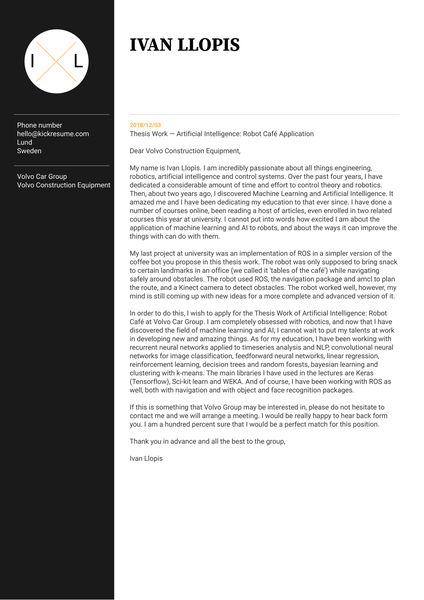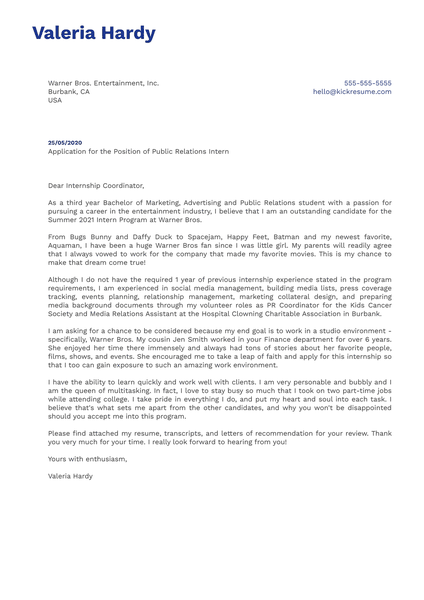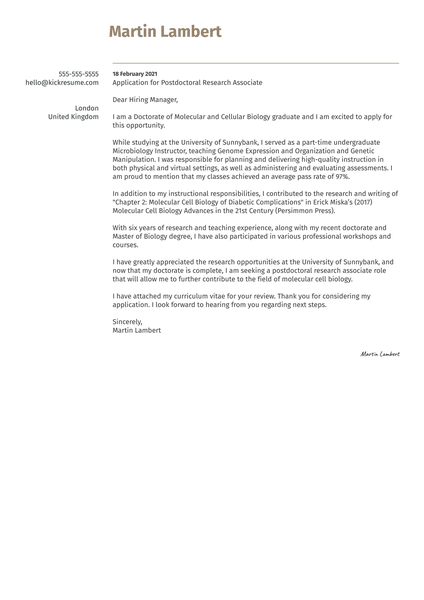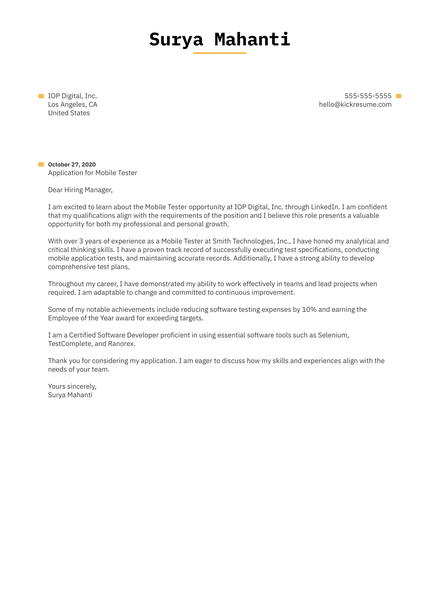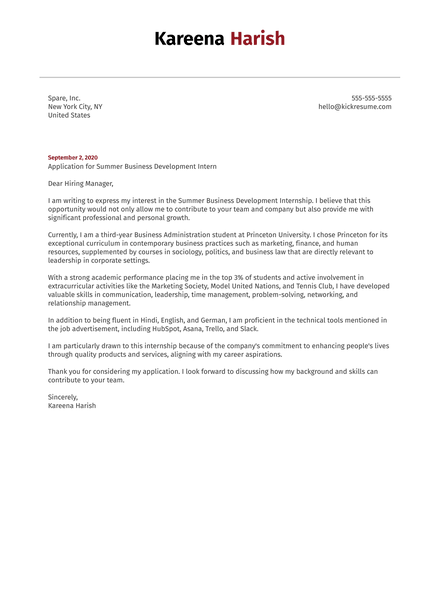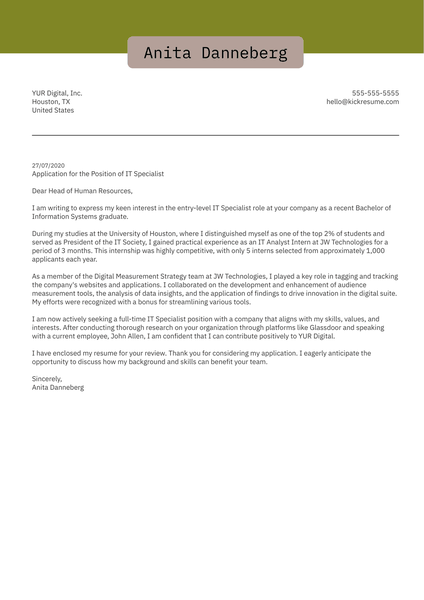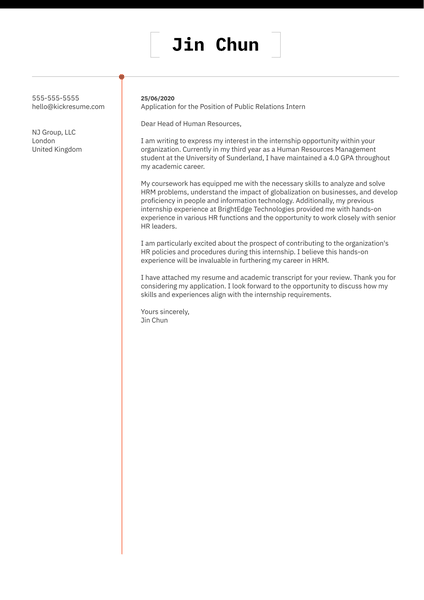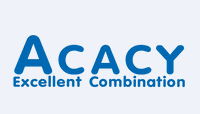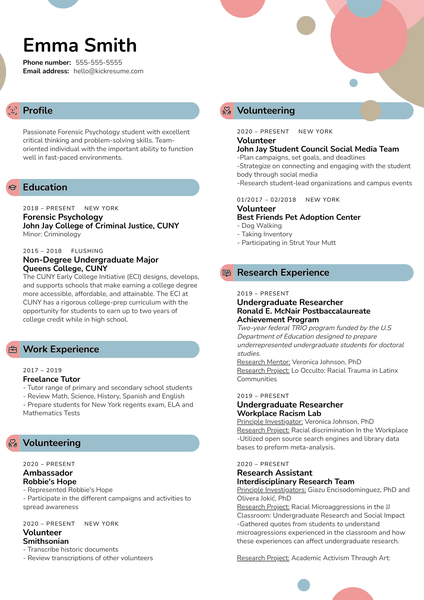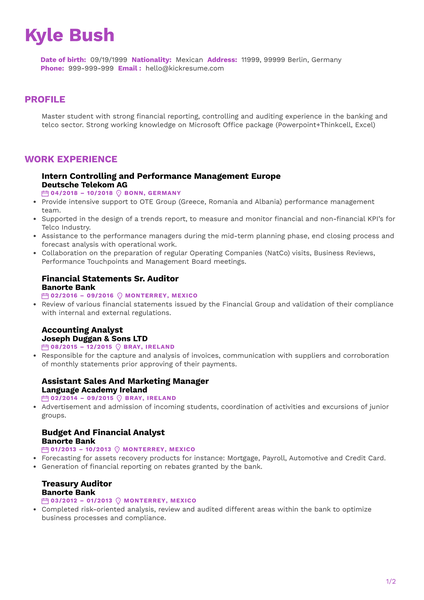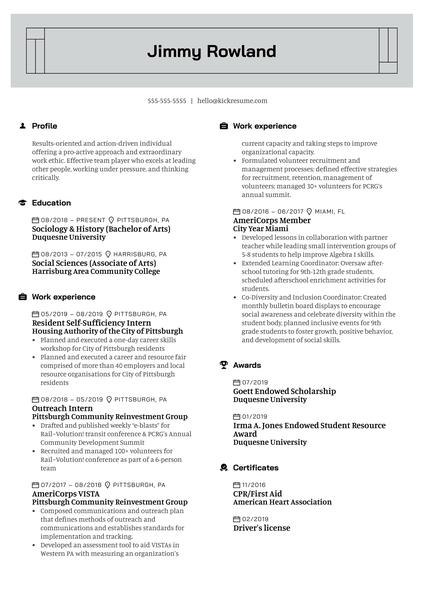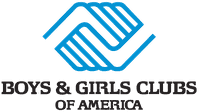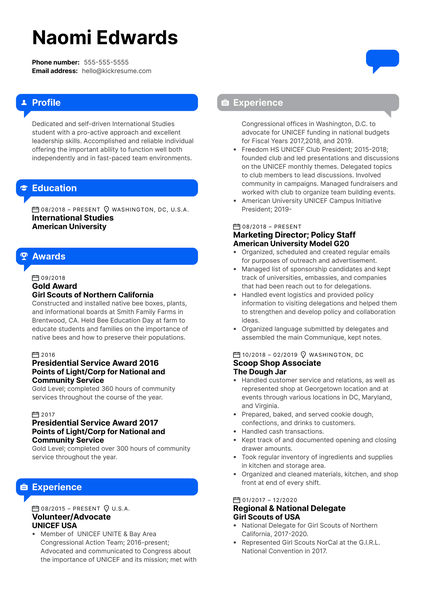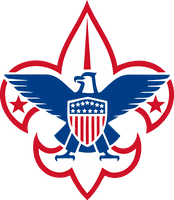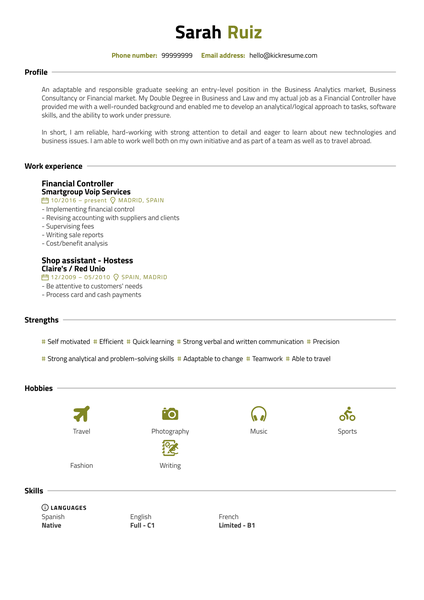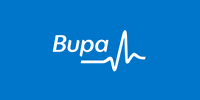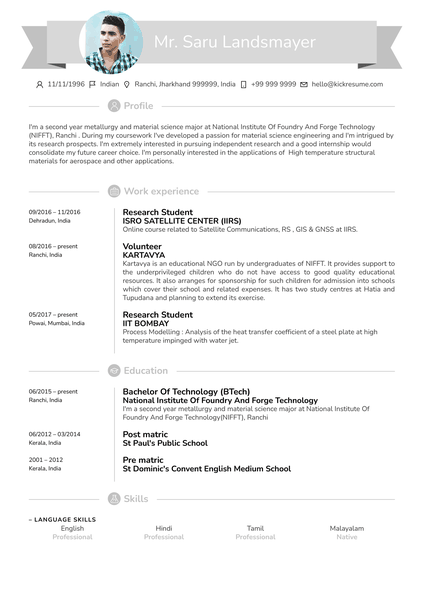Embarking on the career path, the first step to success is creating a compelling university student cover letter. This powerful tool can unlock doors to internships, jobs, and exciting opportunities within your field of study.
And so, in this guide, we'll equip you with useful tips, real-life examples, and compelling templates, that'll help you get closer to your dream job. Read on and learn about:
- Creating a visually appealing header for your university cover letter
- Researching employers to craft a personalized cover letter
- Writing a compelling introduction as a university student
- Showcasing your best skills and accomplishments as a university student
- Completing your university student cover letter with a strong conclusion
- Finding the best job search resources for university students
1. How to create a visually appealing header for your university cover letter
To begin writing your university student cover letter, your first key step is to create a header.
A cover letter header serves two main purposes: to introduce you to the employer and to give your cover letter an appealing visual structure.
Within your header, you should include:
- Your name and professional title (if you do not have a professional title yet, you can use the title of the job you are applying for and add “Student” at the end)
- Your professional contact information
- The name of the company or organization you are applying to
Here is an example of a well-formatted university student cover letter header
Mason Wilds, Hospitality Management Student
(123) 456-7890 | masonwilds@email.com | linkedin.com/in/mason-wilds
To: Hilton Head Hotels
1234 Street Address
New York, NY
2. How to personalize your university student cover letter
One crucial step to take before beginning to write the body text of your cover letter is to research the employer beforehand. This gives you the opportunity to learn more about them and uncover key details about the company that you can reference throughout your cover letter.
Important information to look for during your research includes:
- Major projects, partnerships, or programs the company is involved in
- The company’s goals, values, and requirements for staff
- The person at the company responsible for hiring and reviewing applications
Using the third piece of information, you can create a personalized greeting that addresses this specific person by name. This lets them know immediately the effort you have put into researching and tailoring your cover letter for them specifically.
Here are 3 examples of personalized cover letter greetings
- Dear Mr. John Applewood,
- Dear Hiring Manager John Applewood,
- Dear Mr. John Applewood & the Hiring Department,
3. How to write a compelling introduction as a university student
Next up, you need to begin the body text of your cover letter with a compelling introduction.
To write a strong introduction as a university student, make sure to include:
- A brief overview of your academic experience (most students will have minimal professional experience, making academic experience highly important to describe in a cover letter)
- Your specialized area of expertise (such as the degree you are working toward)
- A concise statement on why you are a great fit for the position
Here is an example of a great introduction from a university student’s cover letter
Dear Hiring Manager John Applewood,
I am a junior at the University of South Carolina, with two semesters left to complete my degree in Business and Hospitality Management. As I approach my final year of school, I am seeking an internship opportunity with a major hotel chain to hone my hospitality skills and build industry connections. Having earned a spot on my university’s Dean’s List for three consecutive years, I will bring an exceptional work ethic and commitment to excellent service to this position.
4. How to showcase your best skills and accomplishments as a university student
Once your introduction is written and you are satisfied with it, you can move on to writing the remaining body paragraphs of your university student cover letter.
In these body paragraphs, your main goal is to showcase your top skills or accomplishments that are relevant to the job you are applying for. As well as describing these qualifications, you can also use the research you did earlier to reference specific needs of the company and how your skills meet those needs.
Here are 6 examples of skills to describe in a university student cover letter
- Communication (always describe your style of communication)
- Collaboration and teamwork
- Leadership
- Critical thinking
- Time management
- Responsibility
Here is an example of how to describe an accomplishment in a cover letter
As a student at the University of South Carolina, I have served as an Orientation Leader for two years, helping to bring new undergraduate students into the fold and get comfortable in their new surroundings. I recently earned the position of Head Orientation Leader thanks to my overwhelming positive reviews from new students I have mentored. Of the 300+ students I have worked with, 95% gave me a five out of five-star rating at the end of their Orientations.
5. How to complete your university student cover letter with a strong conclusion
The last step to writing your university student cover letter is to craft a strong conclusion. In this conclusion, you should include:
- The best times and days of the week to contact you
- When you are anticipating a response from the employer
- When you plan to follow up with the employer
- A formal sign-off
Here is an example of a strong conclusion from a university student's cover letter
I am honored to be considered for this position and hope to hear from you within the next week regarding this opportunity. You may best reach me at (123) 456-7890 on Mondays through Fridays from 10 a.m. to 7 p.m. As I am excited to learn more about this opportunity, I do plan to follow up next Monday morning if I have not heard back about this position.
Many Thanks,
[Applicant Name]
6. Useful resources for job-seeking university students
As a university student standing at the threshold of a professional career, having the right set of resources can truly empower your job hunt. Let's explore the must-haves in your arsenal:
- University career services: Your own university is a potent resource. Career Services offices often provide resume and cover letter reviews, interview preparation, and job placement assistance. Don't overlook these gems.
- Job search platforms: From LinkedIn to Indeed, these platforms teem with job opportunities perfect for recent graduates. They also offer search filters to streamline the hunt and make it less daunting.
- Field-specific job boards: Niche job boards like Idealist (for non-profits) or Dice (for tech) cater to specific fields, making your job search more focused and productive.
- Online portfolios: Platforms like Behance or GitHub, depending on your field of study, allow you to create an online portfolio showcasing your work. This can be a powerful supplement to your university student cover letter and resume.
- Networking events: Attend career fairs, industry conferences, or university alumni events to build your professional network. You never know which connection might lead to a promising opportunity.
- Internship websites: Websites like Chegg Internships or WayUp specifically cater to students seeking internships, often the stepping stone to a full-time job.
Armed with these resources, you're ready to embark on the exciting and rewarding journey of your job search. Happy hunting!
University Student Cover Letter FAQ
How can I stand out in my university student cover letter, even if I have little to no work experience?
Draw attention to your academic achievements, any relevant coursework, and transferrable skills you’ve developed throughout your academic career. If you have undertaken internships or projects, summarize what you’ve learned from these experiences and how they can bring value to the prospective role.
How long should my university student cover letter be?
Aim to keep it concise and engaging. Typically, a cover letter should not exceed one page. Remember, it's about the quality of your words, not the quantity.
Must I write a new cover letter for each job application?
While it's fine to have a standard outline, your cover letter should always be tailored to each job application. Personalizing your cover letter for each role can show the hiring manager your genuine interest in their specific opportunity.
Should I always include a cover letter even if it's not asked for?
It's generally a good idea to include a cover letter when applying for a job. It gives you another platform to sell your skills and show your enthusiasm for the role and company.
Can I mention extracurricular activities in my cover letter?
Yes, definitely. Extracurricular activities can highlight your team skills, leadership qualities, and dedication. Remember to connect them back to the skills or qualities the job posting is seeking.

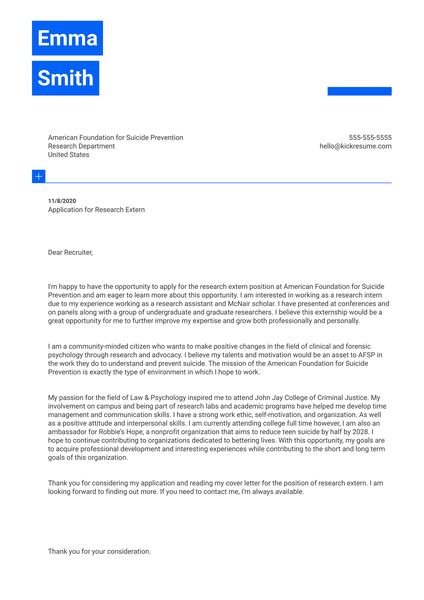
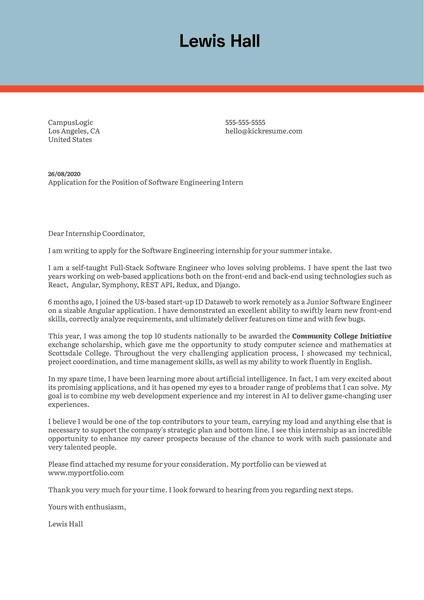
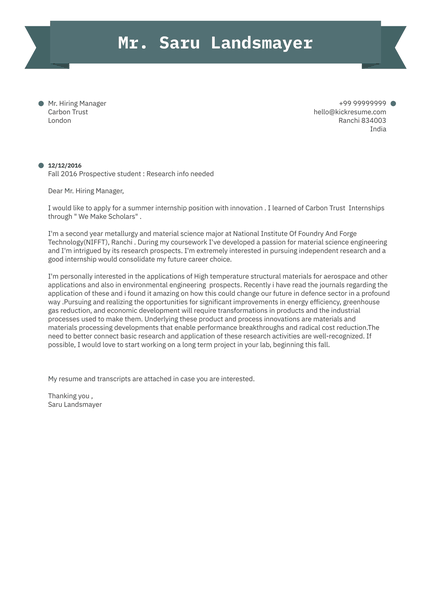
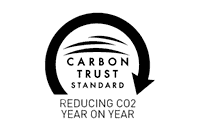

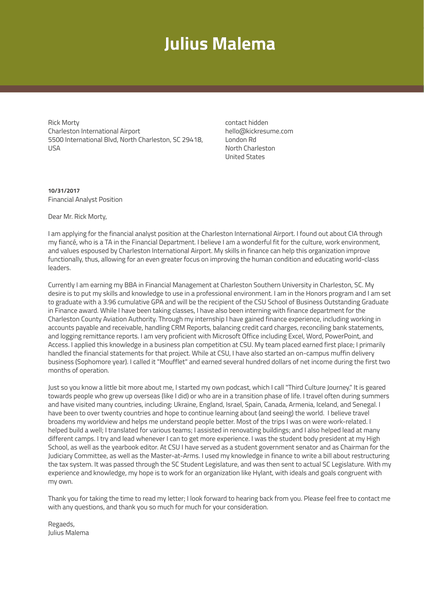
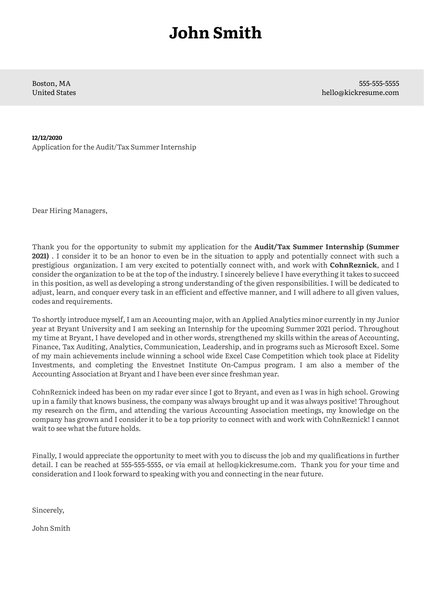
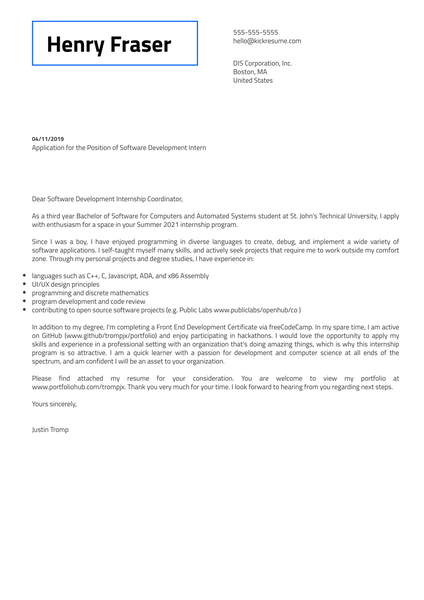
![University Application Cover Letter Sample [SK]](png/thumbnail-269.png)
